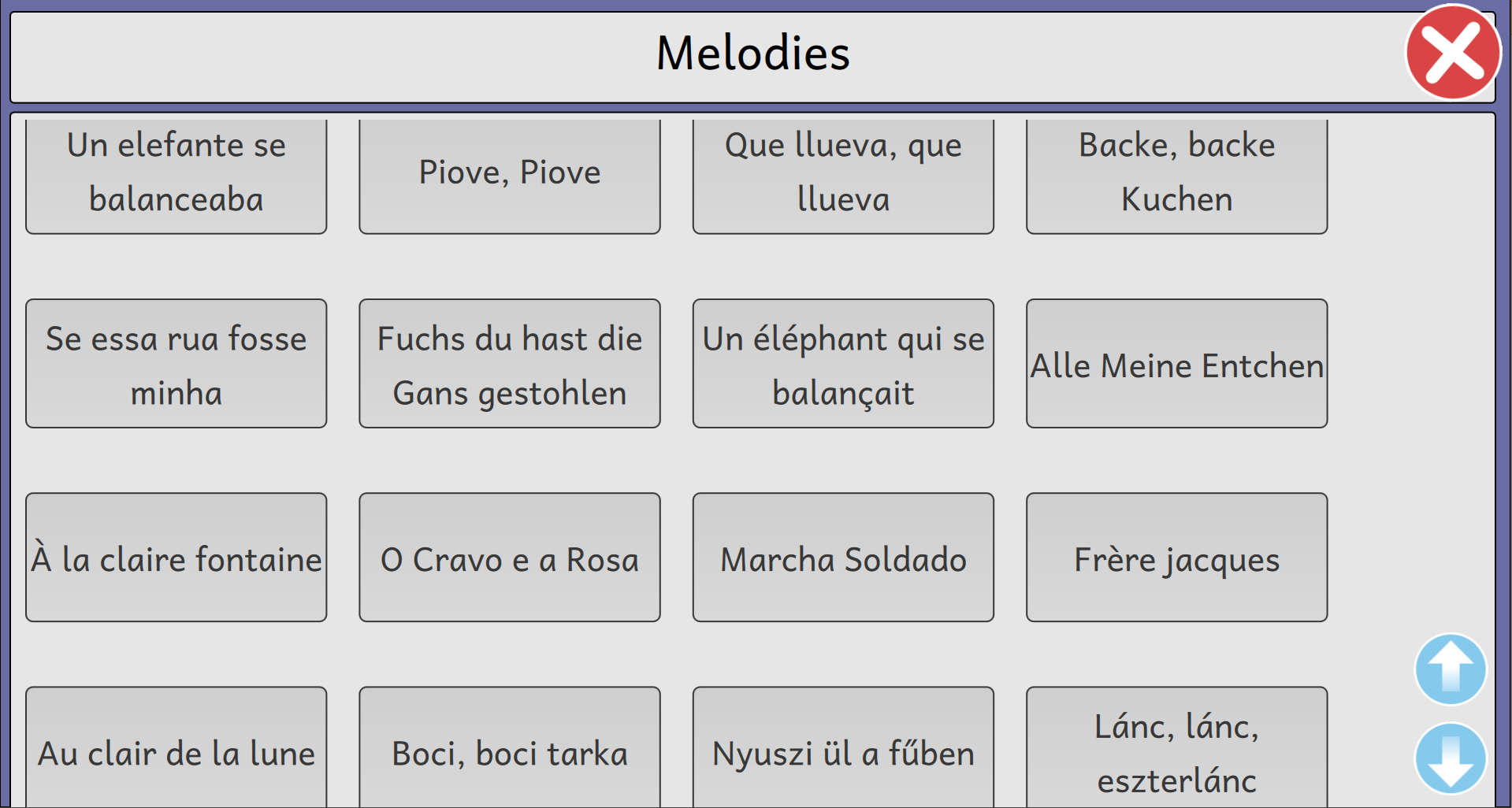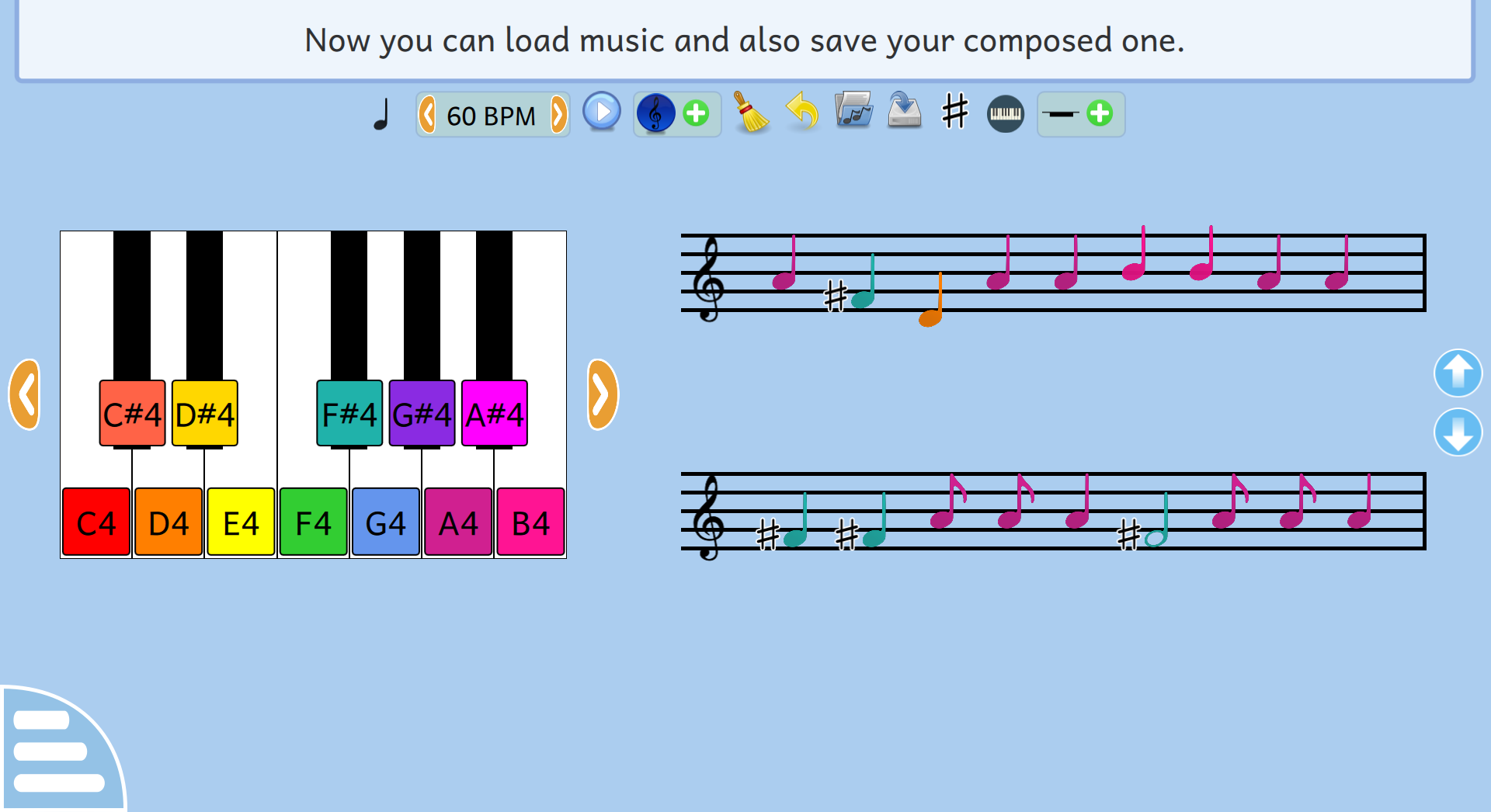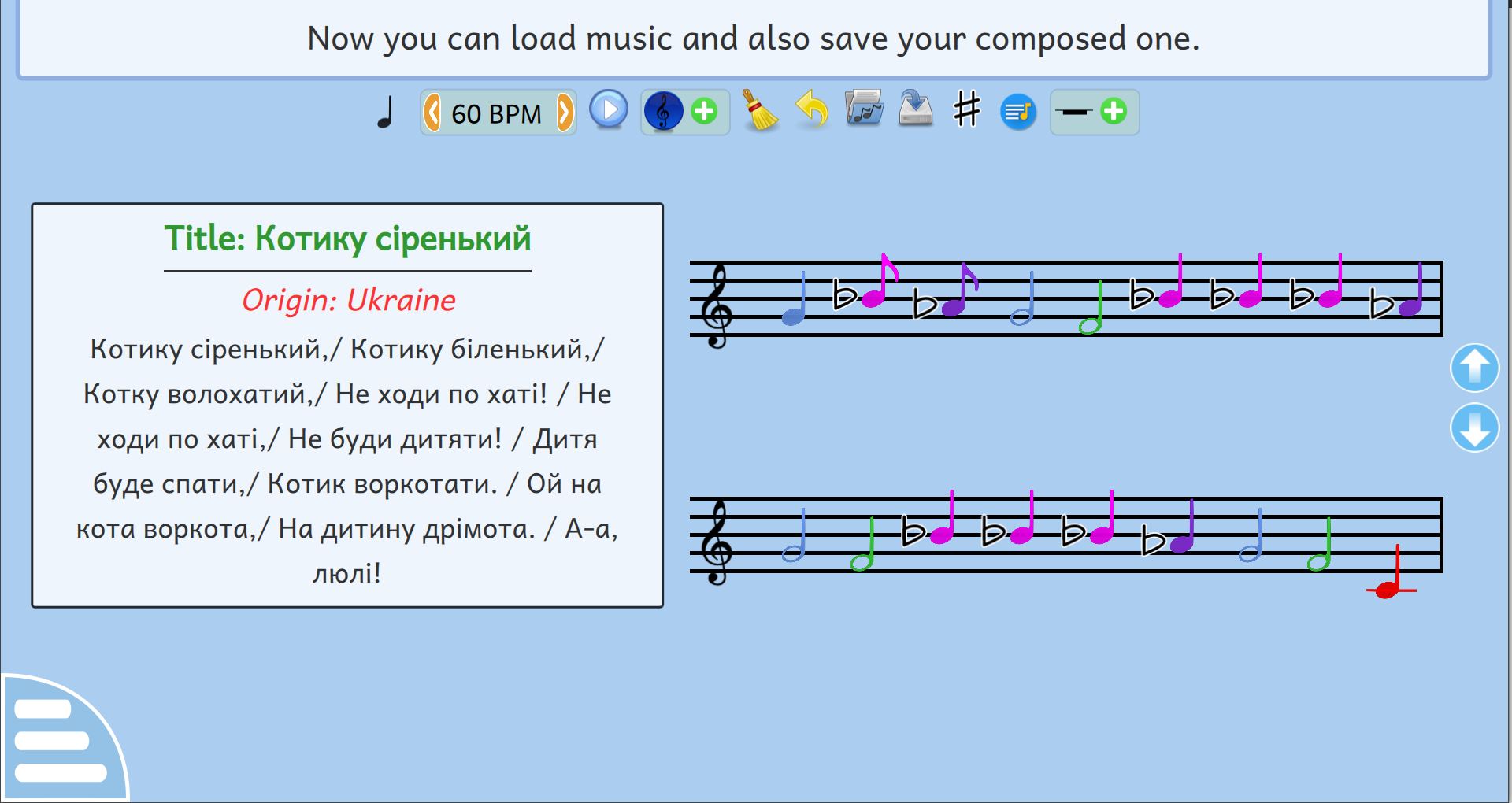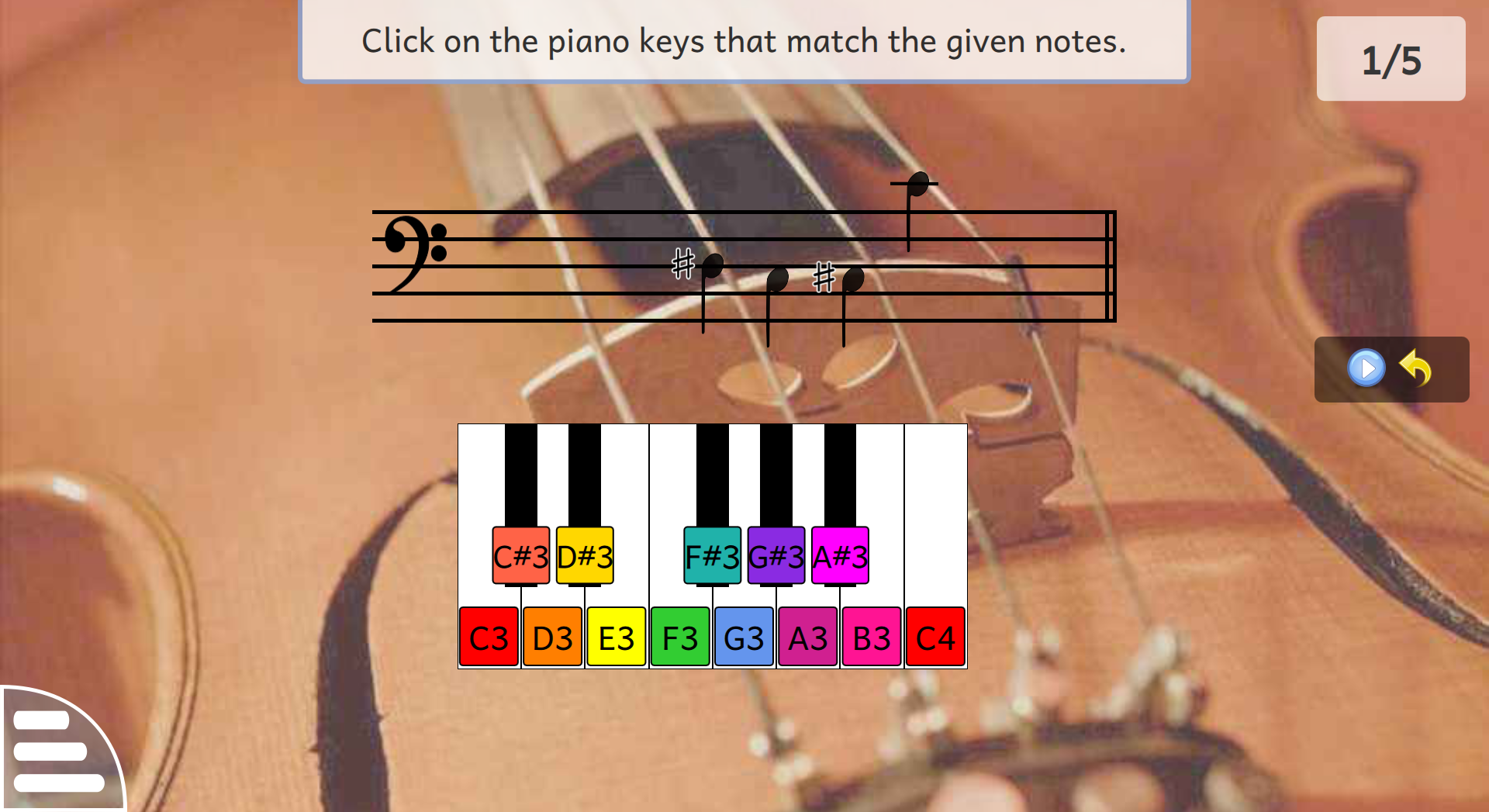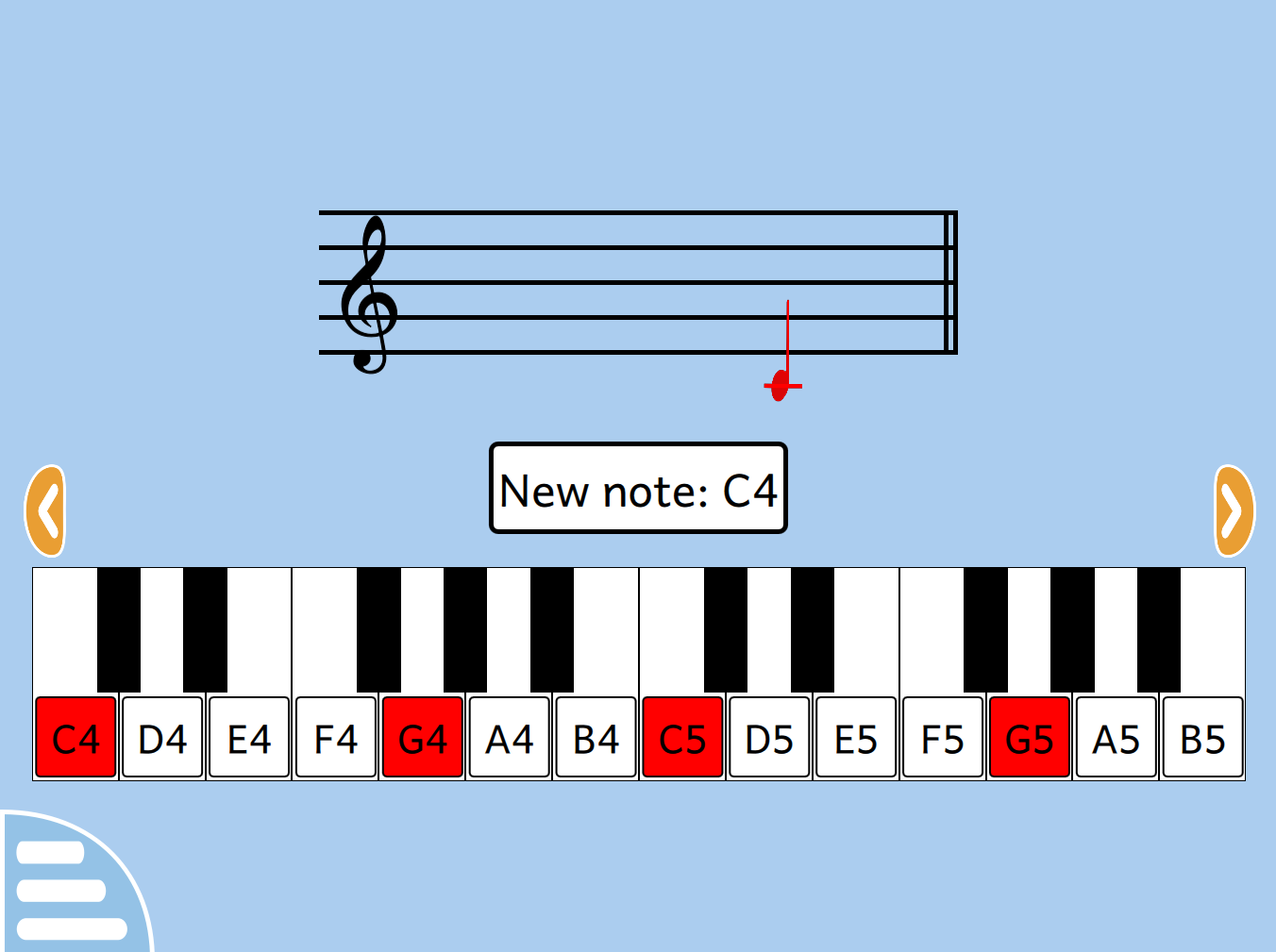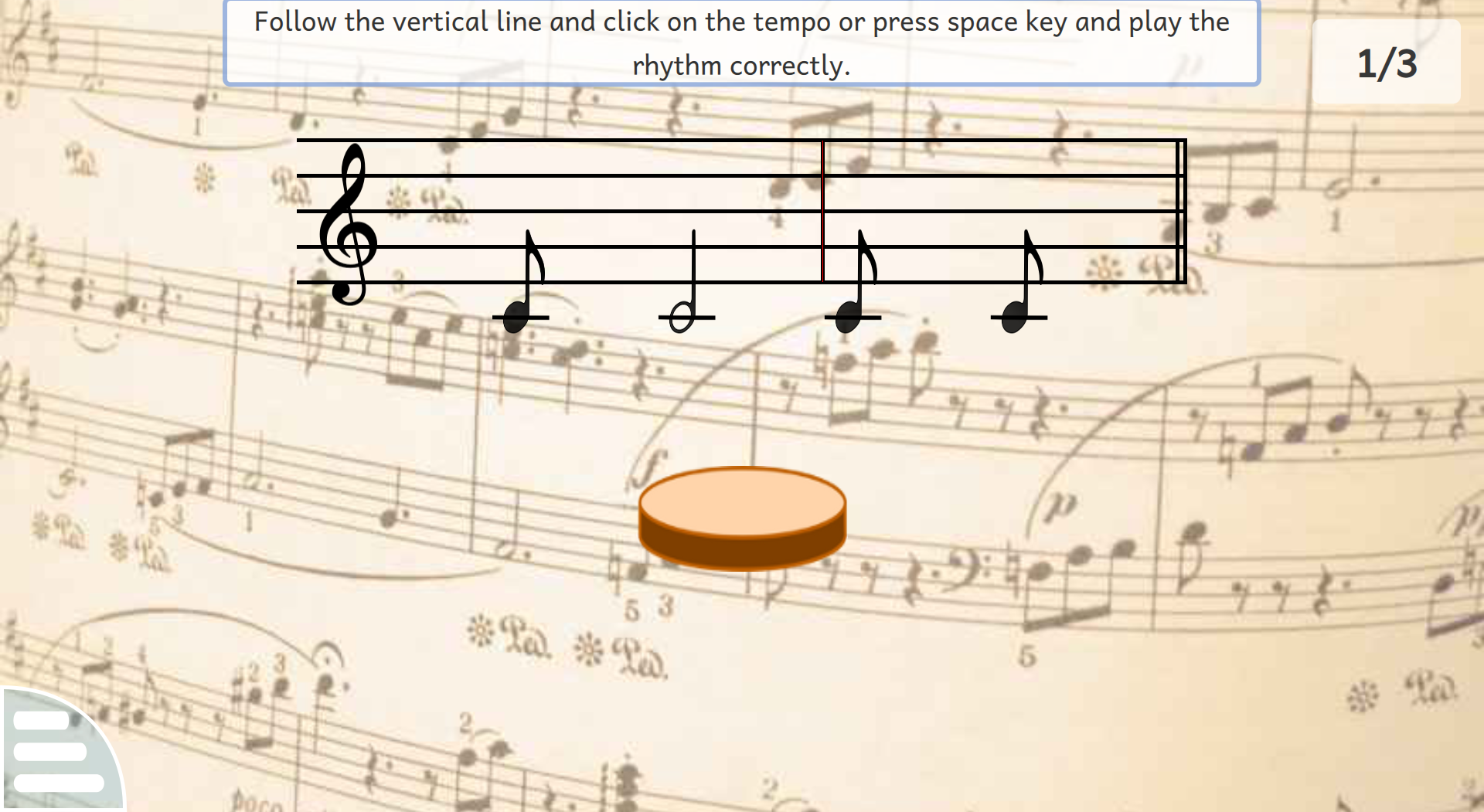GSoC/2018/StatusReports/AmanKumarGupta: Difference between revisions
| Line 139: | Line 139: | ||
7. Implemented dual octave keyboard. | 7. Implemented dual octave keyboard. | ||
8. Added keyboard bindings. | |||
8. Code refactorization. | 8. Code refactorization. | ||
Revision as of 11:40, 11 August 2018
GCompris: Port all GTK+ piano activities to Qt and get one step closer to version 1.0
GCompris is an educational software suite comprising of numerous activities for children aged 2 to 10. Originally written in Gtk+ its development team started to rewrite it from scratch in Qt Quick. My aim is to port all the piano-based musical activities which are one of the most important activities that we are missing to have a complete 1.0.
Mentors: Divyam Madaan and Emmanuel Charruau
Project Goals
- Finish the port of Piano composition activity and add more features.
- Port GTK+ Play piano activity from scratch to QtQuick.
- Develop the activity Note names from scratch in Qt.
- Port GTK+ Play rhythm activity from scratch to Qt.
Work Report
1. Piano Composition
Introduction:
This activity teaches the users how to compose melodies with piano by offering them certain components like notes, rests and many features like erase, replace, undo etc.
Implementation:
1. Improved melody loader window UI.
2. Made multiple staff view flickable and add more staffs when needed.
3. Reworked the code base according to IPN Notation.
4. Added contexts for translators.
5. Added rests.
6. Added replace and erase features.
7. Added undo feature.
8. Separated Note data from the Staff view.
9. Added feature to display lyrics and other details of the music loaded.
10. Made note-type options toggable.
11. Added more octaves for treble (E3 to F6) and bass clefs (C3 to F4).
12. Created new SVG images with ledger lines.
13. Made a common API for all the types of elements on the staff.
14. Added feature to add multiple clefs on the same staff.
15. Implemented BPM meter which would default to 60 BPM and the user can increase/decrease the rhythm of the song.
16. Piano_composition API is used by all other activities which make the code non-redundant, easily manageable, maintainable, modifiable.
17. Did code cleanup and refactorizations.
Status:
The activity is not yet complete because of the need to integrate an audio synthesizer and incompletion of GCCreationHandler (not yet started) as not much time is left in the end. However, the community agreed that the audio synthesizer integration is out of the scope of GSoC as they did not foresee it and is planning to work on a synthesizer after GSoC.
Screenshots:
2. Play piano
Introduction:
This activity aims to let the user understand how the piano keyboard can play rhythm as written on the musical staff by replicating the ones that are presented.
Implementation:
1. Added resources from the Gtk+ version.
2. Laid down UI of the activity.
3. Added levels dataset.
4. Implemented working logic of the activity.
5. Added configuration for two modes: colored notes and colorless notes.
6. Added undo feature to revert the attempt.
7. Added keyboard bindings.
8. Code refactorization.
Status:
The activity is complete and is currently under review.
Screenshots:
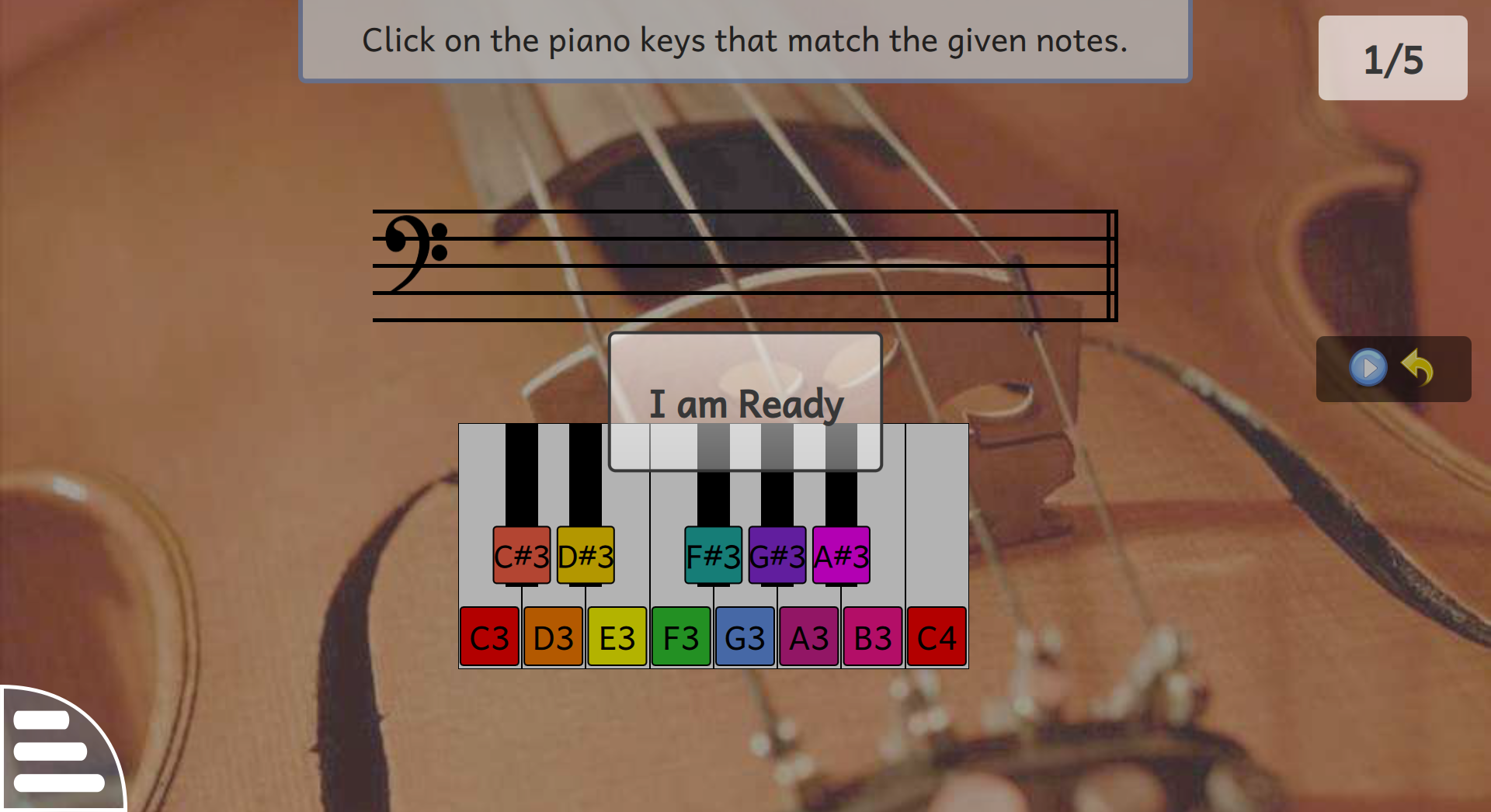 Screen for the user to begin practice
Screen for the user to begin practice
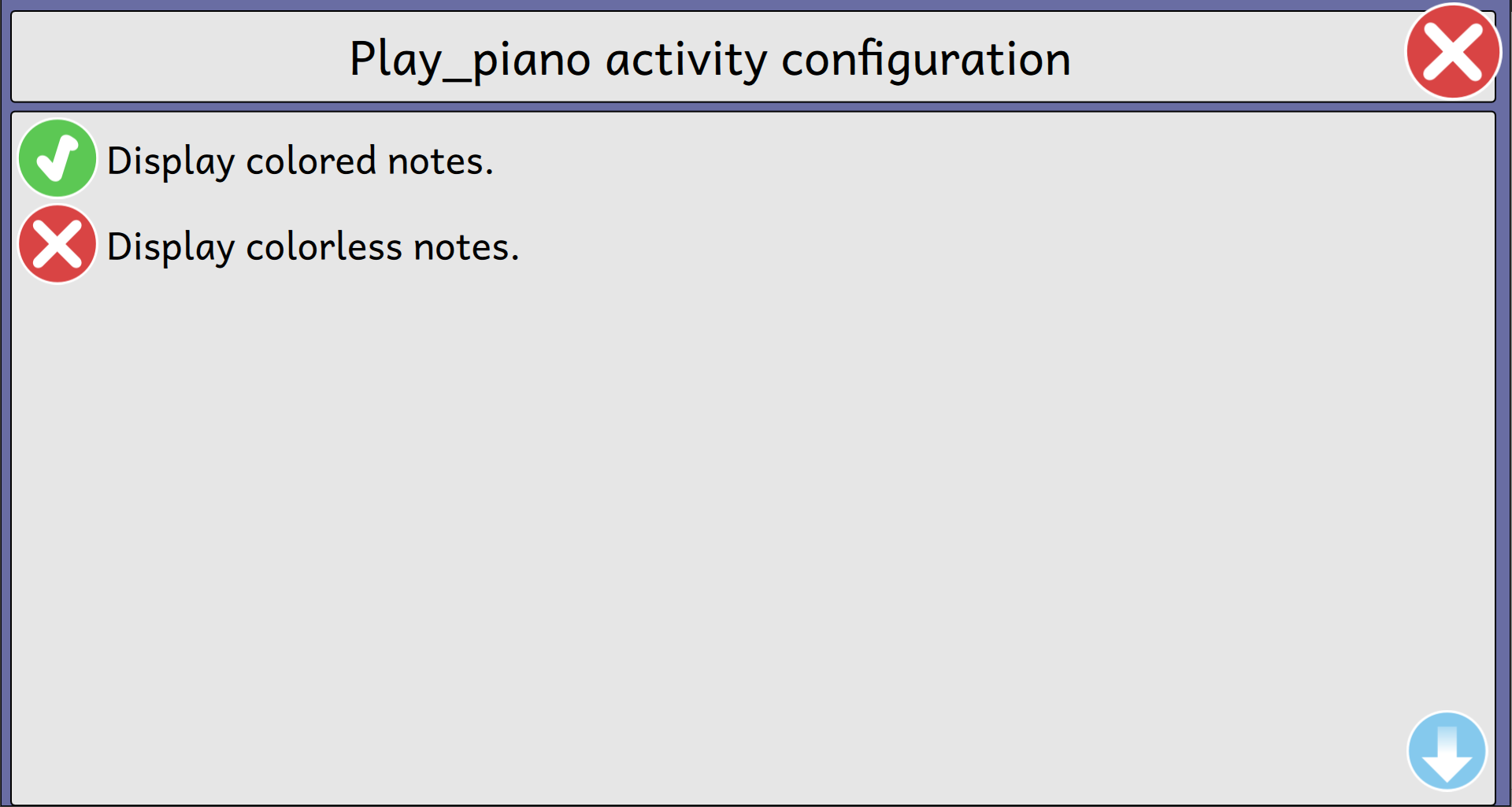 Configuration window for the two modes
Configuration window for the two modes
3. Note Names
Introduction:
This activity aims to teach sight reading the notes in music and their position on the staff by presenting several notes one-by-one with animation from the right of the staff sliding to the left of the staff. The user will get the combination of all the notes he has learned previously and the current targetted notes from the dataset. Only the reference notes are colored as red and the user is made to learn the notes around it. One has to correct enough notes to get a 100% and advance to next stage.
Implementation:
1. Laid down UI of the activity.
2. Added levels dataset.
3. Added animation for the notes.
4. Added tutorial mode for the activity.
5. Implemented working logic of the activity.
6. Added reference keys coloring feature.
7. Implemented dual octave keyboard.
8. Added keyboard bindings.
8. Code refactorization.
Status:
The activity is complete and is currently under review.
Screenshots:
4. Play Rhythm
Introduction:
This activity aims to let the user practice the accuracy of his rhythm by playing the presented rhythm at correct times by following the red Pulse marker line and estimating the time through the dynamic metronome.
Implementation:
1. Laid down UI of the activity.
2. Added levels dataset.
3. Added pulse marker and its animation.
4. Implemented dynamic metronome.
5. Implemented working logic of the activity.
6. Added an element AdvancedTimer with the feature to enable pause/resume which lacks in the QtQuick's Timer element.
Status:
The activity is complete and is currently under review.
Screenshots:
Links to code
The following are the links to all my work:
Blog post links
- GSoC 2018: Weeks 8, 9 and 10
- GSoC 2018: Week 6 and 7
- GSoC 2018: Week 4 and 5
- GSoC 2018: Week 2 and 3
- GSoC 2018: Week 1
- GSoC 2018 with KDE - Community bonding period
- Google Summer of Code 2018 with KDE
Contact
Email: [email protected]
IRC: gupta2140[m] on Freenode
Channels: #gsoc, #kde-soc, #kde-in, #gcompris
Github: gupta2140

